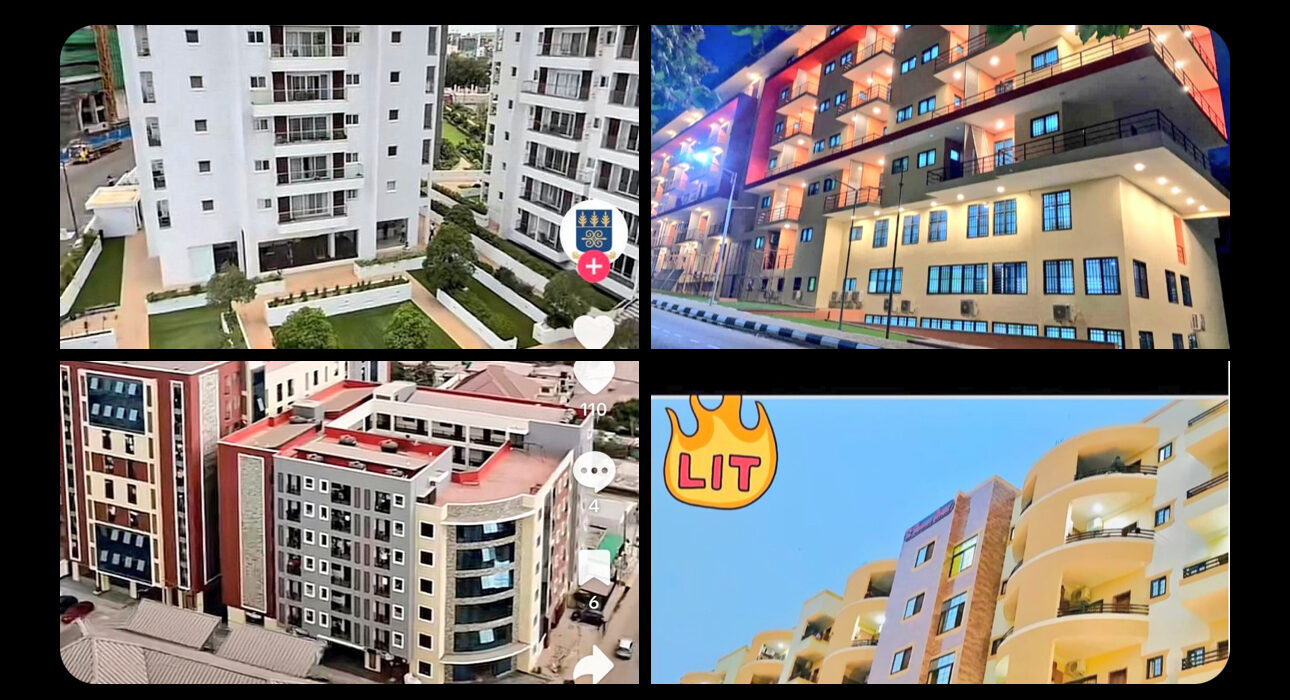Debate Over Nigerian Hostel Standards Sparks Online Buzz Following Ghana Comparison

A tweet comparing student hostel facilities in Ghana to those in Nigeria has reignited conversation around the funding, quality, and sustainability of university accommodations in Nigeria.
The online debate was triggered by a post from X (formerly Twitter) user @Millishield01, showcasing images of modern hostel buildings reportedly located on Ghanaian university campuses, with the caption: “University hostels in Ghana 🇬🇭. Your leaders are……”
The post drew widespread reactions, including a pointed response from another user, @PastorMarvy, who offered an economic explanation for the stark contrast in infrastructure. In his tweet, @PastorMarvy stated:
“You people don’t understand the economic scale of preference.
No university will build or maintain this with students paying 30k per year on accommodation.”
His argument centered on the notion that the quality of infrastructure students receive in Nigerian public universities is directly tied to how much they pay for it. At ₦30,000 (roughly $20 USD) per year, student accommodation fees in Nigeria are among the lowest in the world, making it nearly impossible for universities to develop or maintain high-standard housing without significant subsidies or private investment.
The viral exchange highlights a growing frustration among Nigerian students and education advocates over the poor state of university hostels, many of which are outdated, overcrowded, and lacking in basic amenities. It also exposes the tension between affordability and infrastructure quality in public education systems.
Some users backed PastorMarvy’s view, citing underfunding and unrealistic expectations of university management. Others, however, criticized the government and school administrators for alleged mismanagement of funds and a failure to prioritize student welfare, pointing to how similar institutions in neighboring countries seem to achieve better results.
This incident underscores a broader regional discussion around education investment, public-private partnerships, and the financial model sustaining public universities across West Africa. While Ghana appears to be making notable progress in hostel development—often through private sector involvement—Nigeria continues to grapple with aging infrastructure, limited funding, and policy inconsistencies.
As the conversation continues online, many students are calling for a transparent re-evaluation of hostel fees and a long-term strategy to improve living conditions without placing excessive burden on already struggling students.
For now, the debate remains active, reflecting the wider frustration over the state of Nigeria’s education sector and the growing pressure to reform how universities are funded and managed.









